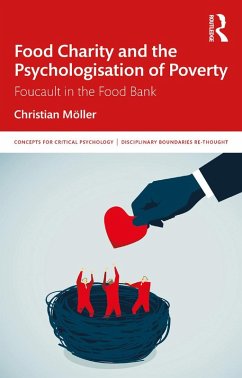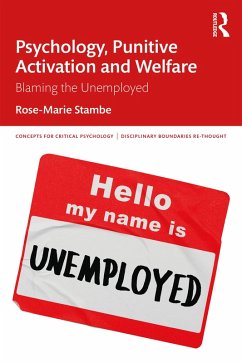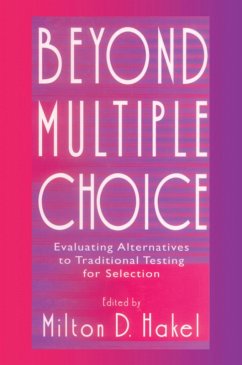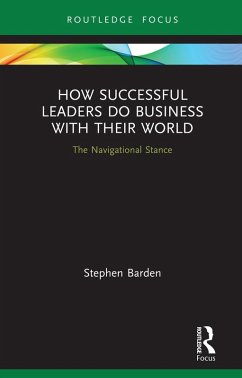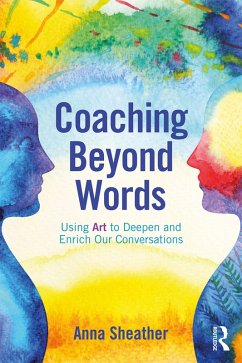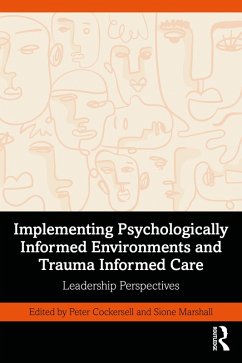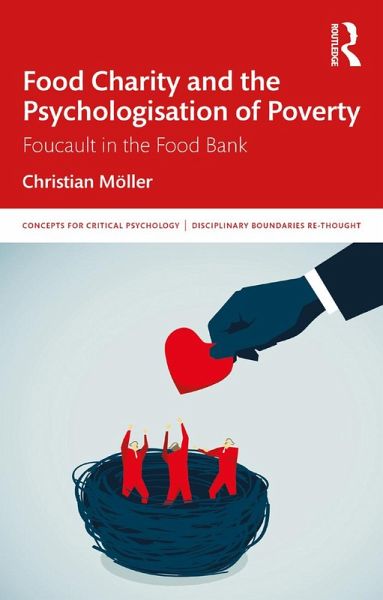
Food Charity and the Psychologisation of Poverty (eBook, PDF)
Foucault in the Food Bank
Versandkostenfrei!
Sofort per Download lieferbar
39,95 €
inkl. MwSt.
Weitere Ausgaben:

PAYBACK Punkte
20 °P sammeln!
This book offers a unique discursive perspective on the rapid rise of food charity and how food poverty has emerged as a symptom of deeper problems requiring psychological intervention.Christian Möller explores how new anti-poverty programmes and advice cultures are psychologising poverty by locating causes and solutions inside the mind rather than in the outside world, and considers the political stakes in citizens becoming subjects of charity. Drawing extensively on Foucault alongside feminist and critical theory, the book puts forward an overdue challenge to the pervasive effects of a psyc...
This book offers a unique discursive perspective on the rapid rise of food charity and how food poverty has emerged as a symptom of deeper problems requiring psychological intervention.
Christian Möller explores how new anti-poverty programmes and advice cultures are psychologising poverty by locating causes and solutions inside the mind rather than in the outside world, and considers the political stakes in citizens becoming subjects of charity. Drawing extensively on Foucault alongside feminist and critical theory, the book puts forward an overdue challenge to the pervasive effects of a psychology, which limits our thinking about poverty with promises of development, happiness and resilience, but leaves social inequalities intact. Möller argues for returning critical psychology to praxis to address social injustices and inequalities. Challenging common assumptions about food charity as a symptom of a retreating welfare state, he shows how power is exercised and knowledge is produced in these spaces of care and community. Also featuring direct applications of concepts to the real-world example of food banks, the book helps set out practical guidance for students and researchers designing empirical projects in critical psychology.
Drawing on original research and interviews with managers and volunteers, this text is fascinating reading for students and academics interested in critical psychology, and the relationship between charity, poverty and social exclusion.
Christian Möller explores how new anti-poverty programmes and advice cultures are psychologising poverty by locating causes and solutions inside the mind rather than in the outside world, and considers the political stakes in citizens becoming subjects of charity. Drawing extensively on Foucault alongside feminist and critical theory, the book puts forward an overdue challenge to the pervasive effects of a psychology, which limits our thinking about poverty with promises of development, happiness and resilience, but leaves social inequalities intact. Möller argues for returning critical psychology to praxis to address social injustices and inequalities. Challenging common assumptions about food charity as a symptom of a retreating welfare state, he shows how power is exercised and knowledge is produced in these spaces of care and community. Also featuring direct applications of concepts to the real-world example of food banks, the book helps set out practical guidance for students and researchers designing empirical projects in critical psychology.
Drawing on original research and interviews with managers and volunteers, this text is fascinating reading for students and academics interested in critical psychology, and the relationship between charity, poverty and social exclusion.
Dieser Download kann aus rechtlichen Gründen nur mit Rechnungsadresse in A, B, BG, CY, CZ, D, DK, EW, E, FIN, F, GR, HR, H, IRL, I, LT, L, LR, M, NL, PL, P, R, S, SLO, SK ausgeliefert werden.




